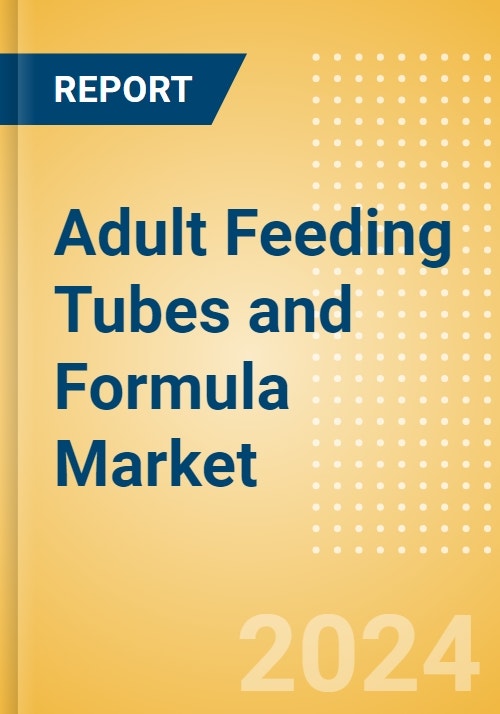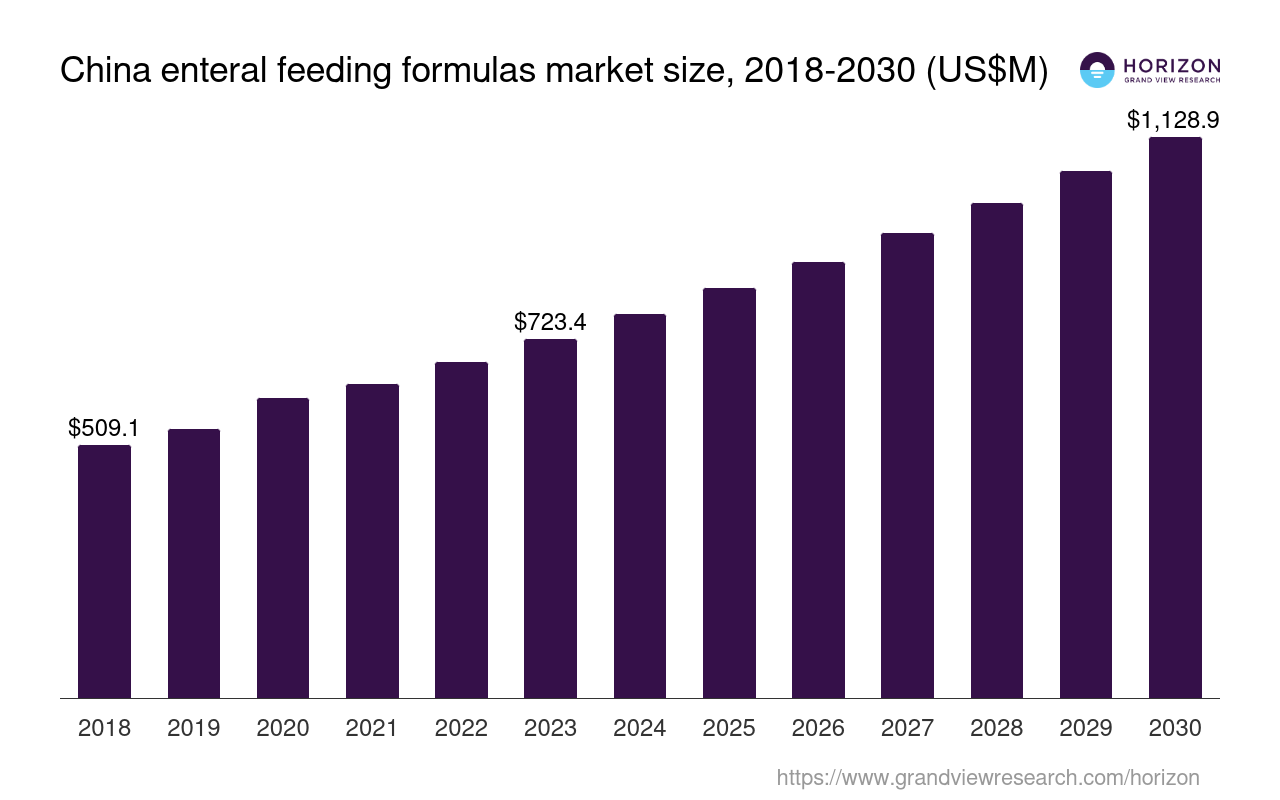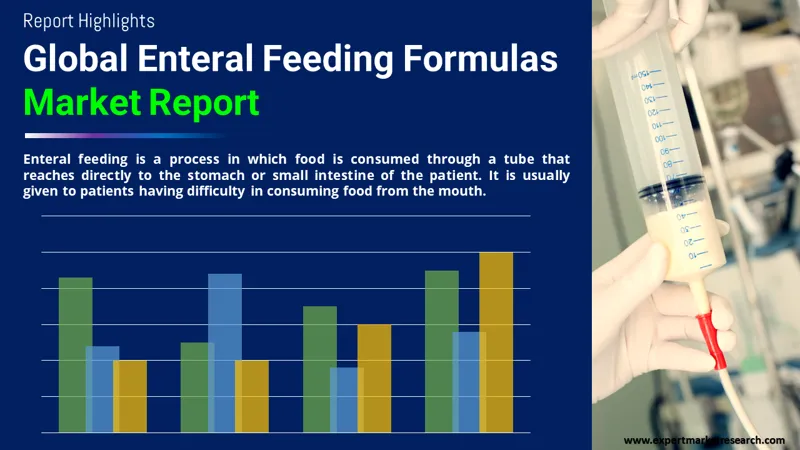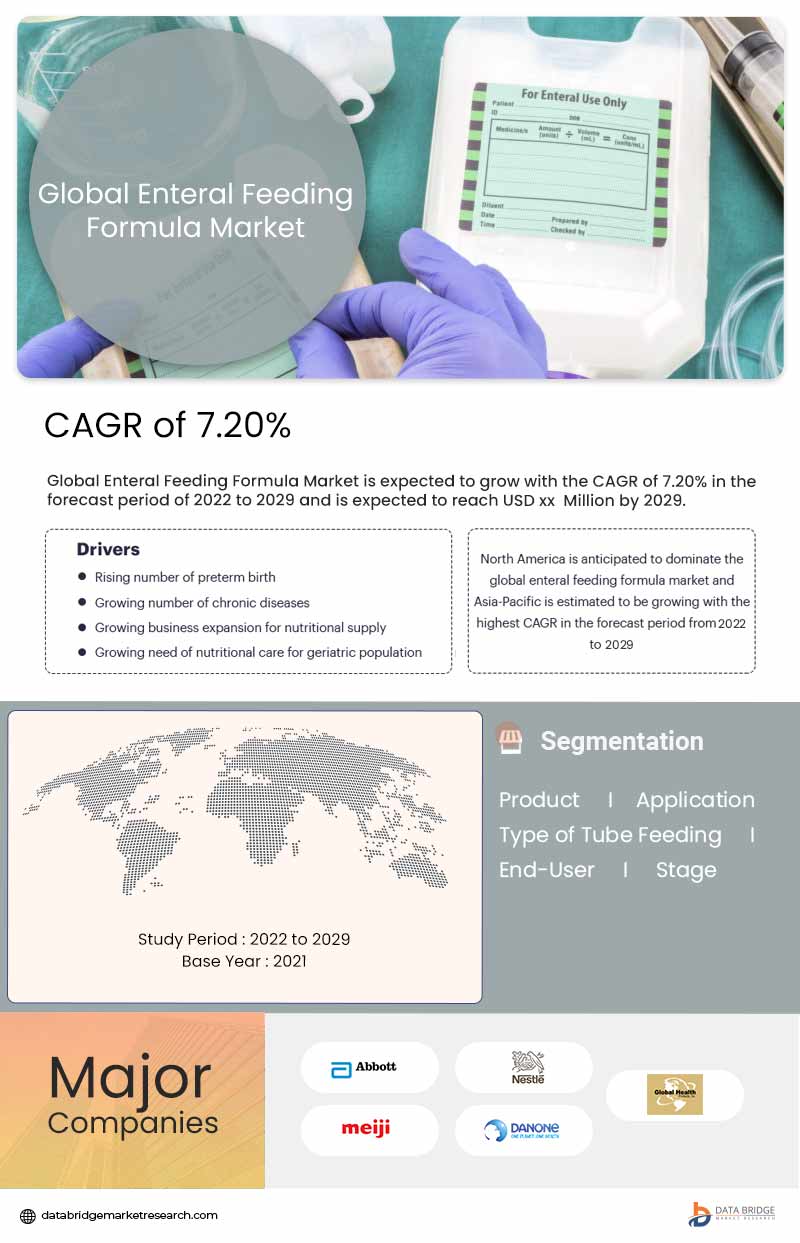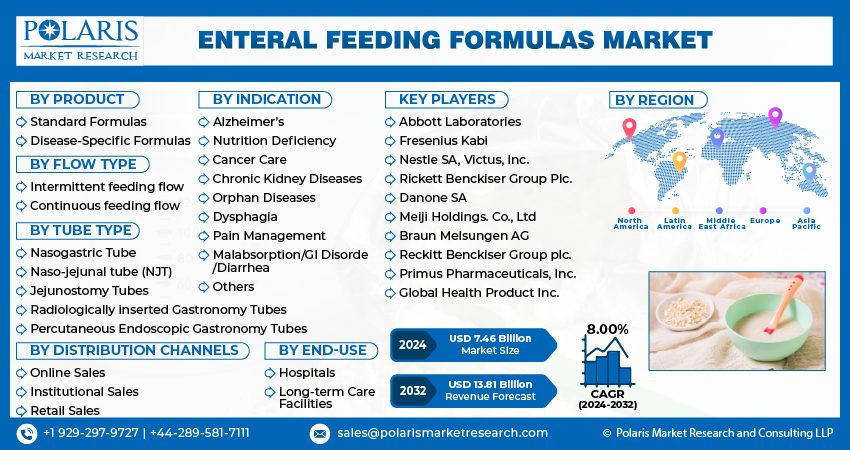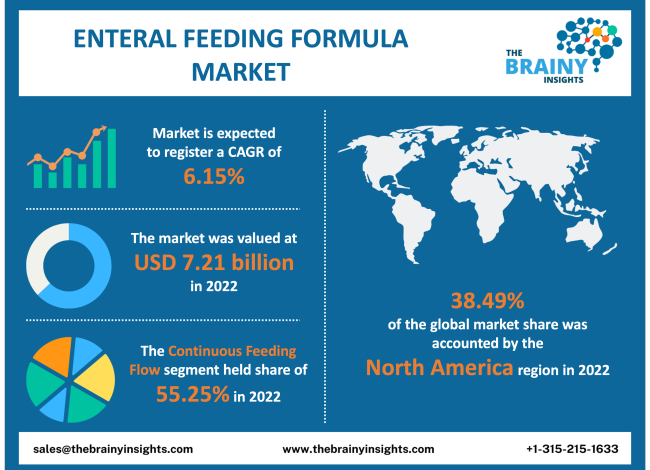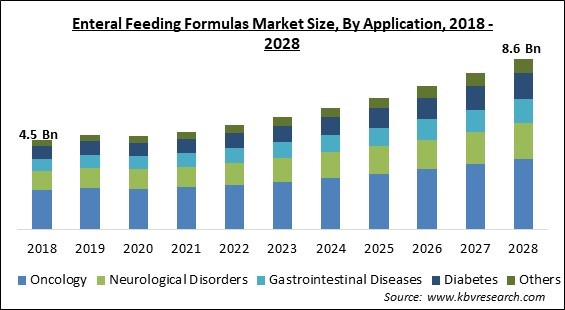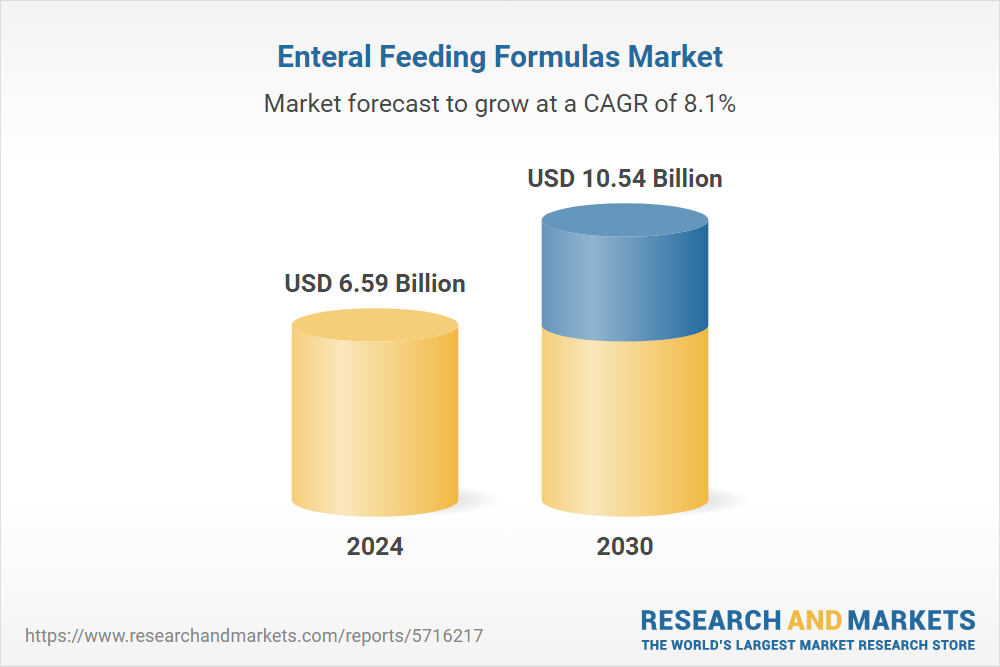China Adult Feeding Tubes And Formula Market

China's market for adult feeding tubes and specialized nutritional formulas is experiencing significant growth, fueled by an aging population, rising rates of chronic diseases, and increased awareness of nutritional support. This burgeoning sector presents both opportunities and challenges for domestic and international companies navigating the complex regulatory landscape and evolving consumer demands.
The adult feeding tube and formula market encompasses products designed to provide nutritional support for individuals unable to consume adequate nutrients orally. This includes patients recovering from surgery, those with chronic illnesses like cancer and stroke, and the elderly facing age-related health issues impacting their ability to eat. The growing demand for these products reflects a broader trend towards prioritizing health and wellness among China's increasingly affluent population.
Market Dynamics and Key Drivers
Several factors contribute to the expansion of China's adult feeding tube and formula market. First and foremost is the country's rapidly aging population. According to the National Bureau of Statistics, the number of people aged 60 and above has surpassed 280 million, creating a substantial demographic requiring specialized medical nutrition.
The increasing prevalence of chronic diseases, such as diabetes, cardiovascular diseases, and cancer, is also a key driver. These conditions often necessitate nutritional interventions, including feeding tubes and specialized formulas, to manage symptoms and improve patient outcomes. Additionally, growing awareness among healthcare professionals and the general public regarding the benefits of nutritional support has boosted demand.
Competitive Landscape
The Chinese adult feeding tube and formula market is characterized by a mix of domestic and international players. Multinational corporations like Abbott, Nestlé, and Danone have a strong presence, offering a wide range of products and leveraging their established brands and research capabilities. Domestic companies, such as Beingmate and H&H International Holdings, are also gaining market share by focusing on specific segments and adapting their products to local preferences.
The competition is intense, with companies vying for market share through product innovation, pricing strategies, and distribution network expansion. Online channels, including e-commerce platforms like Tmall and JD.com, have become increasingly important for reaching consumers, particularly in urban areas.
Regulatory Environment
The adult feeding tube and formula market in China is subject to strict regulations enforced by the National Medical Products Administration (NMPA). Products must meet stringent quality and safety standards before they can be marketed and sold in the country. The regulatory framework is constantly evolving, with new guidelines and requirements being introduced to ensure consumer protection and product quality.
Companies operating in this market must navigate a complex registration process, which involves submitting detailed product information, clinical trial data, and manufacturing facility audits. Compliance with these regulations is crucial for maintaining market access and building consumer trust.
Challenges and Opportunities
Despite the growth potential, the adult feeding tube and formula market in China faces several challenges. One significant hurdle is the high cost of specialized formulas, which can be a barrier for some patients, particularly in rural areas. Improving affordability and access to these products is essential for ensuring equitable healthcare.
Another challenge is the need for greater awareness and education among healthcare professionals and the general public. Many people are still unfamiliar with the benefits of nutritional support and the appropriate use of feeding tubes and specialized formulas. Educational campaigns and training programs can help to address this knowledge gap.
However, the market also presents significant opportunities. The rising demand for personalized nutrition solutions is creating a niche for companies that can develop customized formulas tailored to individual patient needs. Furthermore, the growing popularity of online healthcare platforms is opening up new channels for reaching consumers and providing remote monitoring and support.
Impact on Society
The availability of adult feeding tubes and specialized formulas has a profound impact on the well-being of individuals and society as a whole. These products can improve the quality of life for patients with chronic illnesses, enabling them to maintain their nutritional status and participate more fully in daily activities. For the elderly, specialized formulas can help to prevent malnutrition and age-related health problems.
Furthermore, by improving patient outcomes and reducing hospital readmissions, adult feeding tubes and formulas can contribute to lower healthcare costs. Investing in nutritional support is therefore a cost-effective strategy for improving the overall health and well-being of the population.
As one example, a Beijing-based caregiver, Mrs. Wang, shared her experience: "My father suffered a stroke last year, and he lost his ability to swallow properly. The doctor recommended a feeding tube and a specialized formula. At first, I was hesitant, but after seeing how much it improved his strength and energy, I became a believer. It gave him a new lease on life." This story highlights the real-world impact of these products on individuals and families.
Conclusion
The adult feeding tube and formula market in China is poised for continued growth in the coming years, driven by demographic shifts, increasing disease prevalence, and rising awareness of nutritional support. While challenges remain, the opportunities are immense, particularly for companies that can innovate, adapt to local preferences, and navigate the complex regulatory landscape.
Ultimately, the widespread availability of these products has the potential to transform healthcare in China, improving the lives of millions of individuals and contributing to a healthier and more productive society. The focus should now shift toward ensuring equitable access, promoting greater awareness, and fostering continuous innovation in this vital sector.

